Twenty hour "super vets" stint comes to an end
04 June 2014
By the end, even the lights gave out and the ultrasound machine was playing up but the “super vets” just kept on going.
This was their third day straight of seven-hour plus stints of vet work on the bears most in need of their assistance at the former bear bile farm that Animals Asia are turning into a sanctuary.
During that time they dealt with a myriad of horrors — literally rotting paws, teeth previously cut back to the bone, bears declawed at the fingertip, such extreme dental issues that all that was left was pulp and bone to be cleared out — at times — with a chisel.
The team was made up of Vet Surgeon Jen O’Dwyer, Senior Vet Nurse Wendy Leadbeater and Vet Nurse Vicki Elliott plus bear team Ai Chao Jun and Rocky Shi Xueliang and translator Tina Ju. They had no operating table, instead they operated on the floor — bent double — taking each grisly finding as it came.
The high spot? Finding out that a horrifically thin bear named Galaxy didn’t have the liver cancer they suspected he might. The ultrasound test showed her to be tumour free — a fact that lifted the dark cloud from over the group who finished their Tuesday stint on a high.
No breaks — just a sip of coffee or a mouthful of rice or veggies while waiting for the next bear to fall fully asleep. In between the team took turns doing sit ups to “crack” aching backs so they could continue.
In the end six bears were treated and returned to their cells — the vet and bear teams taking it in turns to keep a vigil outside late into the evening. When the bears awoke and could stand they knew it was okay to leave them. They knew also, that the surgical wounds would dimnish with time, and the bears could start to live without pain.
Each bear had been prioritised as to their level of pain and assistance required. While the two bears on the final day both suffered severe dental issues their general health — as reflected in their coat and physique — was a marked improvement compared to the first bears operated on. Plans to operate on a seventh bear had to be shelved with the vets having commitments back in Chengdu and with Jen returning to Australia.
Animals Asia are still trying to relocate 28 bears to their Chengdu sanctuary with permit issues currently delaying their transfer. Depending on developments, arrangements will be made to treat more bears. This includes those bears farmed for bile that need their gall bladders removed.
Jen said:
“Anything that we have to endure in this process is miniscule compared to what the bears have endured for years. It’s nothing but joy to be able to do this. It’s got to be positive because we’re making steps forward. We’re starting the process of being able to heal them and transform their lives. Heidi (the Senior Bear Manager developing bear care and management and overseeing staff training at the farm) has already started the process for us and we’re trying to move it on. It’s very positive.”
Animals Asia founder Jill Robinson added:
“They are an incredible team and they and the bears deserve the very best facilities available. The fact that, in this case, they cheerfully made do with such basic conditions is to their never-ending credit. These bears have been given new lives and we’re grateful that a bear farmer has not only allowed this to happen, but has encouraged it too. As the bears’ lives slowly improve due to surgery, better diets and professional care — a new sanctuary will evolve around them. We’ll give them all that we can.”
BACK
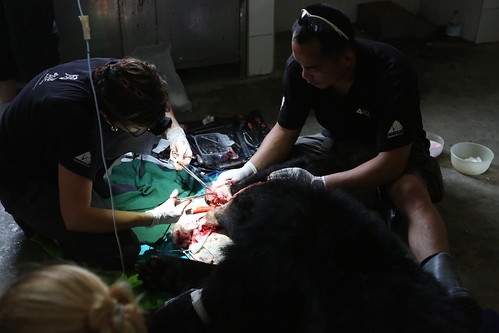
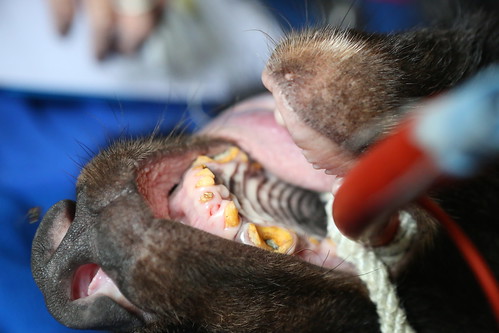
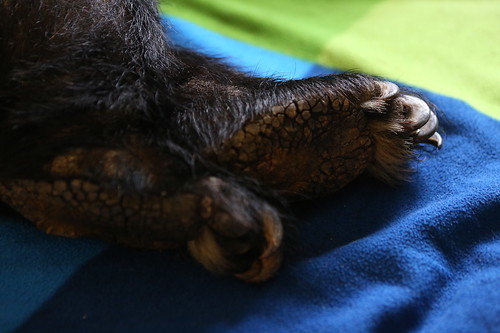
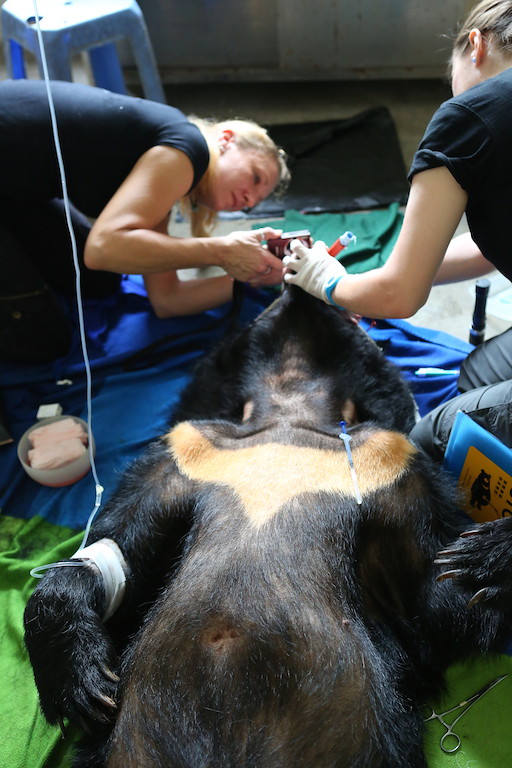
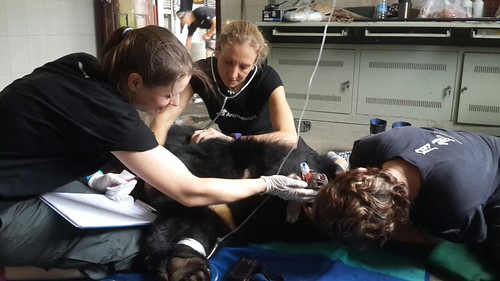





 Healing the hidden wounds
Healing the hidden wounds
 Early summer awakening at the China Bear Rescue Centre!
Early summer awakening at the China Bear Rescue Centre!
 New year, new home for Christmas the Bear!
New year, new home for Christmas the Bear!